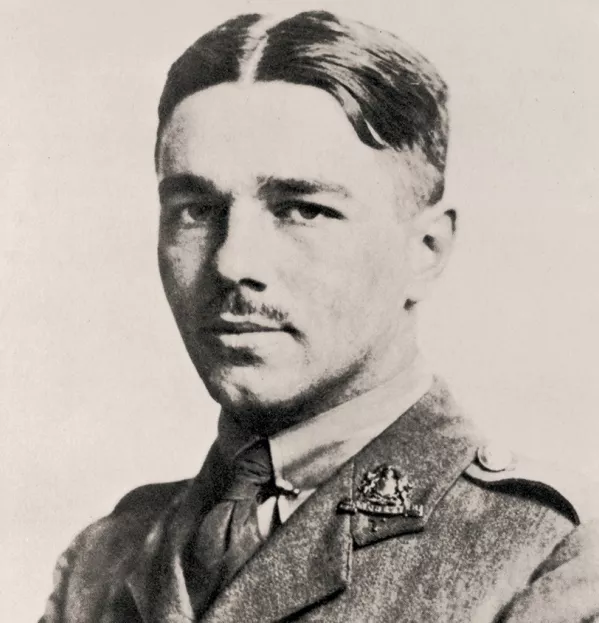This year marks the 100th anniversary of Wilfred Owen’s convalescent trip to Edinburgh to recover from shell shock, where he famously met his great collaborator Siegfried Sassoon and honed his voice as an anti-war poet. It’s a great opportunity to highlight Owen’s value and continuing relevance to my students.
In Dulce et Decorum Est, Owen’s voice trembles with the injustice of his generation’s fate. He feels exploited by the propaganda utilised by his government and the media to coerce naive young men into joining the armed forces, cajoled along with rich promises of heroism and lectures on patriotic duty. One only needs to look at recent headlines to see that institutional duplicity and evasion remain alive in the UK and US political regimes of 2017.
Reflecting on the Grenfell Tower tragedy, it is not difficult to imagine Owen drawing comparisons between those victims and the young men he fought alongside during the war. Both demographics were treated with a range of disdain and indifference by their governments and the suffering in both instances was entirely avoidable.
When Owen writes in Anthem for Doomed Youth about “those who die as cattle”, to be anonymised and forgotten, he could well be describing those lost in Grenfell whose bodies and identities went unrecovered and appear to be lost forever.
Validating work
Owen’s work not only shines a damning light on the lies and illusions spread by government, but he also validates the medium of poetry for pupils. In classrooms, his voice emerges from a time pre-television, pre-vlogs, pre-viral internet sensations. For young people jacked up on the 21st century’s immediacy, this is somehow relatable. Owen wrote poetry about his life because he felt compelled to and found the perfect vehicle for it, in the same way as one might use TED talks or blogs in today’s world.
This year I am adding the powerful poem Disabled to my lessons, in which Owen writes from the perspective of a paraplegic soldier returned from war, seemingly to live the rest of his solitary life full of regret. Here we can appreciate the impact that his Edinburgh stay had on the writer, with the opening line - “He sat in a wheeled chair, waiting for dark” - offering an insight into the conditions that Owen experienced at Craiglockhart Hospital.
Again, in Disabled there’s that simmering sense of injustice: “He thought of jewelled hilts / For daggers in plaid socks; of smart salutes; / And care of arms; and leave; and pay arrears; / Esprit de corps.”
For Owen, the sheer indignity of being lied to by those elected to protect him is never too far from the surface. Incredibly, the poet’s message remains relevant, 100 years later.
Alan Gillespie is principal teacher of English at Fernhill School in Glasgow
